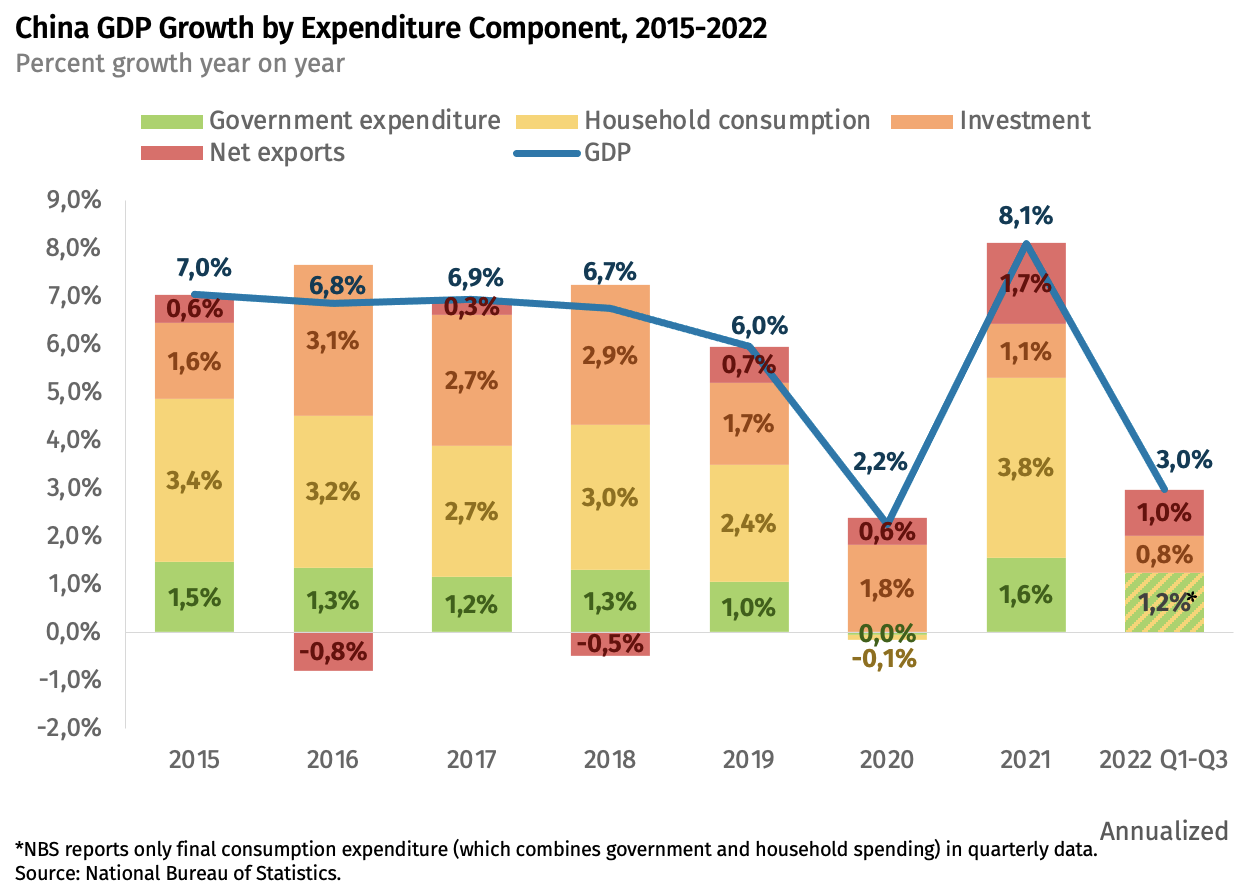Everyone’s talking about China’s economy bouncing back, but really guys, what are the odds? If you’ve been keeping tabs, you’d know that the vibe is supposedly “strong,” as per a business survey. Now, let’s not get all dazzled by the fancy talk of “strong notes” and impressive stats on retail sales and industrial activity. The real tea is what’s happening behind those numbers and glossy reports.
Here’s What’s Actually Going Down
So, this China Beige Book, right? It’s not some random journal your grandma reads. It’s got its ear to the ground, listening to what 1,436 businesses are whispering. And guess what? They’re all chirping about making more money and higher margins. Sounds peachy, but hold your horses. While the money might be flowing, there’s a bit of a hiccup with borrowing because of spiked interest rates. In the grand tapestry of China’s economy, threads are tangling. Businesses are hitting pause on borrowing, and lenders seem to be getting cold feet.
Then there’s the whole job scene. Apparently, it’s looking up, the best it’s been since the tail end of 2020, except for the service sector, which seems to be the odd one out. Retail’s rocking, except for luxury goods – guess not everyone’s feeling flush enough for a Gucci splurge. And real estate? It’s a mixed bag with residential sales sagging but commercial sales and construction getting a bit of a boost.
The Big Change and Its Pitfalls
Now, onto the juicier bits. China’s top brass, led by Xi Jinping, is all in on this new mantra of pushing for “new quality productive forces.” Sounds fancy, but it’s basically a throwback to some old-school Marxist vibes mixed with a dash of modern manufacturing mojo. They’re aiming for the stars with a growth target of around 5%, which has some eyebrows raised considering the lukewarm government stimulus.
Here’s where it gets spicy: the pivot to high-tech manufacturing. It’s not just about churning out more gadgets; it’s a bid to wean off the old growth engines like real estate and infrastructure. But as any econ 101 class will tell you, switching gears ain’t easy, especially when you’ve been riding the debt train as hard as China has.
Speaking of debt, it’s like the Wicked Witch of Oz flying over the sky, terrorizing everything and everyone. Beijing’s clamping down on the real estate sector’s wild borrowing spree and telling local governments to put a lid on their spending sprees. But let’s be for real – easing off the gas in these sectors means the economy’s going to feel the pinch.
And while they’re trying to tighten the purse strings at home, there’s this grand vision of dominating the global manufacturing scene. But as the world starts giving side-eye to China’s ambitious export dreams, the question looms – can the rest of the planet actually absorb all this production without throwing a fit?
The strategy’s impressive, no doubt. Electric vehicles, solar cells, and all that green tech jazz are the new darlings, with exports booming. But hitching your wagon to high-tech manufacturing comes with its own set of headaches. There’s the whole mess of navigating international waters where not everyone’s thrilled about China’s state-supported tech behemoth.
As for the folks back home, they’re squirreling away their yuan like there’s no tomorrow, with consumer confidence somewhere in the basement. And don’t even get me started on foreign direct investment. Let’s just say it’s not exactly a stampede.
So, here we are, staring down the barrel of a question that’s got more layers than an onion. Can China’s economy actually rebound?
Well, yeah, maybe.
But not for quite sometime.






